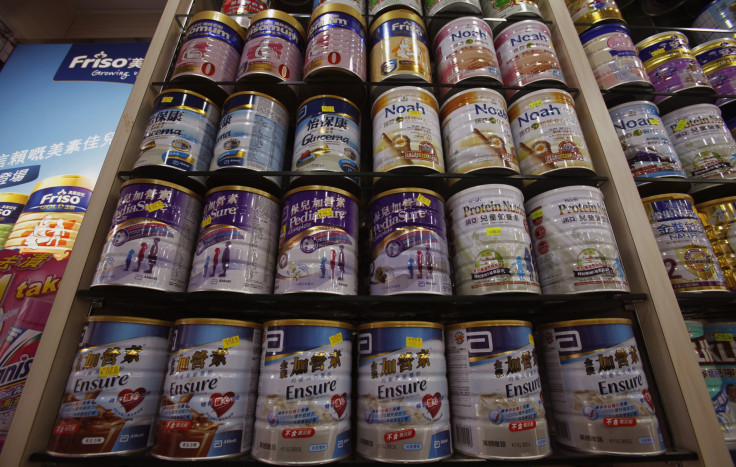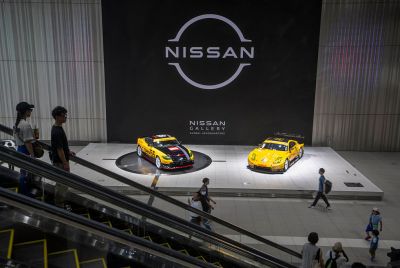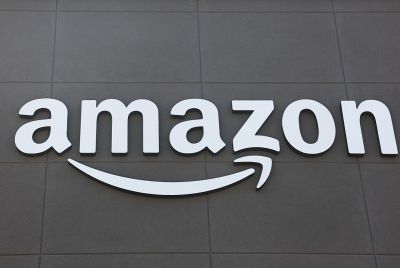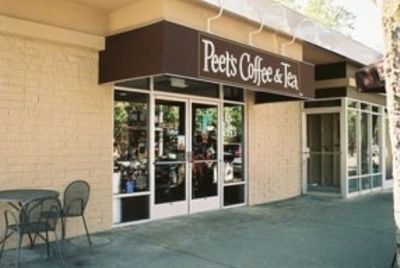China Orders 6 Foreign Companies To Pay Fines Amounting To $110 Million For Fixing Milk Powder Prices

China, on Wednesday, ordered six companies, including U.S.-based Mead Johnson Nutrition Co (NYSE:MJN) and Abbott Laboratories (NYSE:ABT), and New Zealand's Fonterra Co-operative Group Limited (NZE:FCG), to pay a total of $110 million in administrative penalties following an antitrust review, which concluded that these companies were involved in price-fixing and anti-competitive business practices.
The penalty was imposed shortly after China imposed a ban, in a separate case, on some of Fonterra’s products after the company discovered botulism poisoning in a particular type of whey protein concentrate that was exported to six countries, including China, and is used in the manufacture of a range of products including infant formula, sports drinks and milk powder.
China’s National Development and Reform Commission, or NDRC, which conducted the antitrust investigation, also fined Dumex, which is part of France-based Danone (EPA:BN), Dutch dairy cooperative FrieslandCampina and Hong Kong’s Biostime International Holdings (HKG:1112) for indulging in illegal business practices, China’s Xinhua news agency reported.
Xu Kunlin, chief of the Price Department of the NDRC, said the companies were found to be guilty of colluding to keep the price of milk powder high, by penalizing distributors who sold the product at prices below a minimum resale price set by the companies, Xinhua reported, adding that the fine represented a record in antitrust probes in China.
Mead Johnson said, in a statement, that it was asked to pay a penalty of $33 million, or four percent of its revenues from China last year, adding that the company did not intend to contest NDRC’s decision.
Dumex, Abbott, FrieslandCampina and Fonterra were fined 172 million yuan ($28 million), 77 million yuan, 48 million yuan and 4 million yuan, respectively, which equate to 3 percent each of their 2012 revenues.
Fonterra said it accepted NDRC’s findings, adding: “We believe the investigation leaves us with a much clearer understanding of expectations around implementing pricing policies which is useful as we progress our future business plans,” Kelvin Wickham, the chief of Fonterra’s operations in China and India, said in a statement.
Milk powder manufactured by foreign companies are a coveted product in China as the fodd-safety record of domestic brands took a hit after baby formula scare in 2008 when 22 companies were found to have sold dairy products containing the toxic chemical melamine.
© Copyright IBTimes 2025. All rights reserved.






















